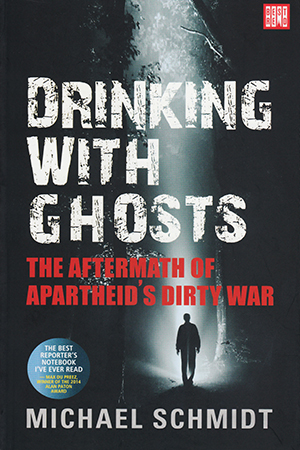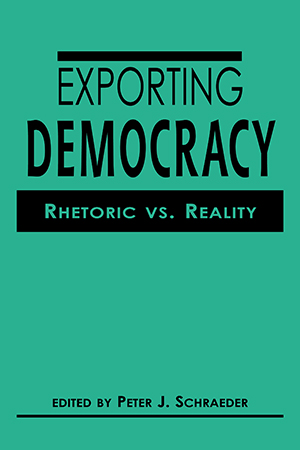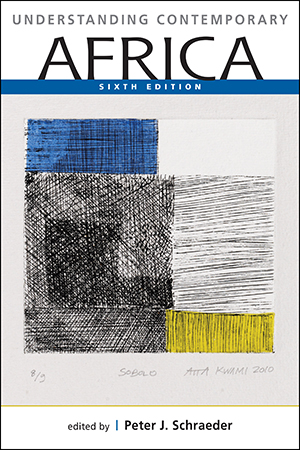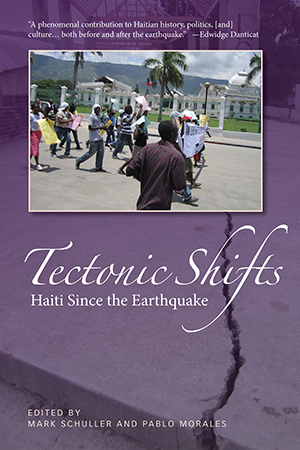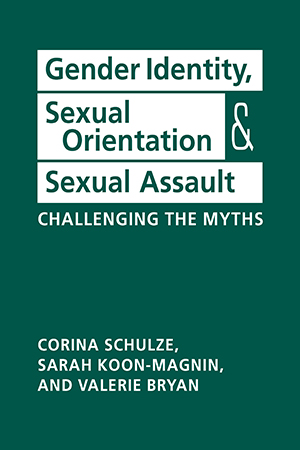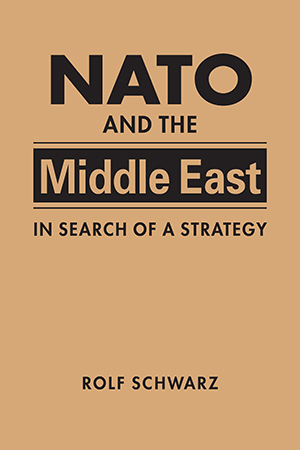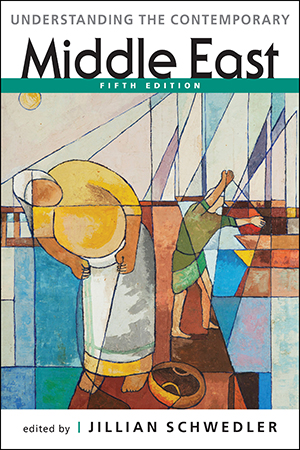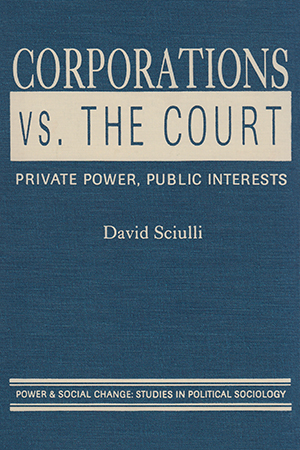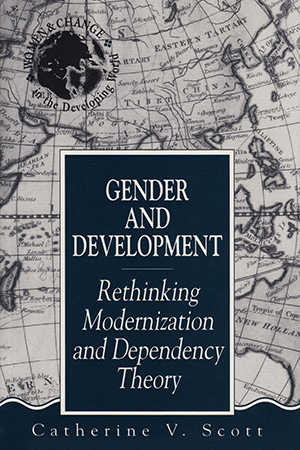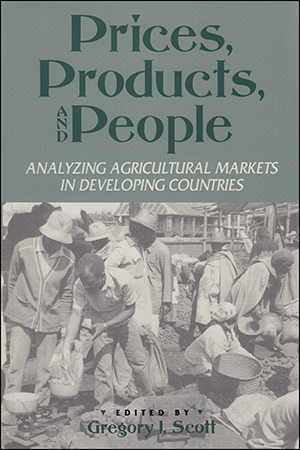BOOKS
Veteran journalist Michael Schmidt explores of the dark corners of South Africa's past, tracing the strains of secrecy, violence, and abuse of privilege that reverberate even today in More >
In recent years, debates within academic and policymaking circles have gradually shifted—from a Cold War focus on whether democracy constitutes the best form of governance, to the More >
The sixth edition of Understanding Contemporary Africa, and the first under the editorship of Peter Schraeder, combines the strengths of the previous editions with coverage of new topics More >
Tectonic Shifts offers compelling on-the-ground perspectives on the aftermath of Haiti's cataclysmic earthquake. Following a critical analysis of the country's heightened More >
Winner of the American Society of Criminology’s Division on Women & Crime Book Award! The underlying argument of this groundbreaking study is this: Sexual orientation and gender More >
Over the course of more than seven decades, NATO has sought, but not settled on, an effective strategy for interacting with its neighbors in the Middle East and North Africa. Rolf Schwarz More >
The previous edition of Understanding the Contemporary Middle East was published soon after the Arab uprisings, and the authors—writing across disciplines—captured those moments More >
This original book looks methodically at corporate law, corporate governance, and judicial practice from the perspective of social theory. Sciulli explores whether there are identifiable More >
Scott demonstrates that many prevailing ideas about development, dependency, capitalism, and socialism are anchored in the social constructions of gender differences. Early modernization More >
Markets for agricultural commodities in developing countries are changing rapidly. Population growth, rural-urban migration, technological innovation, environmental concerns, and policy More >



